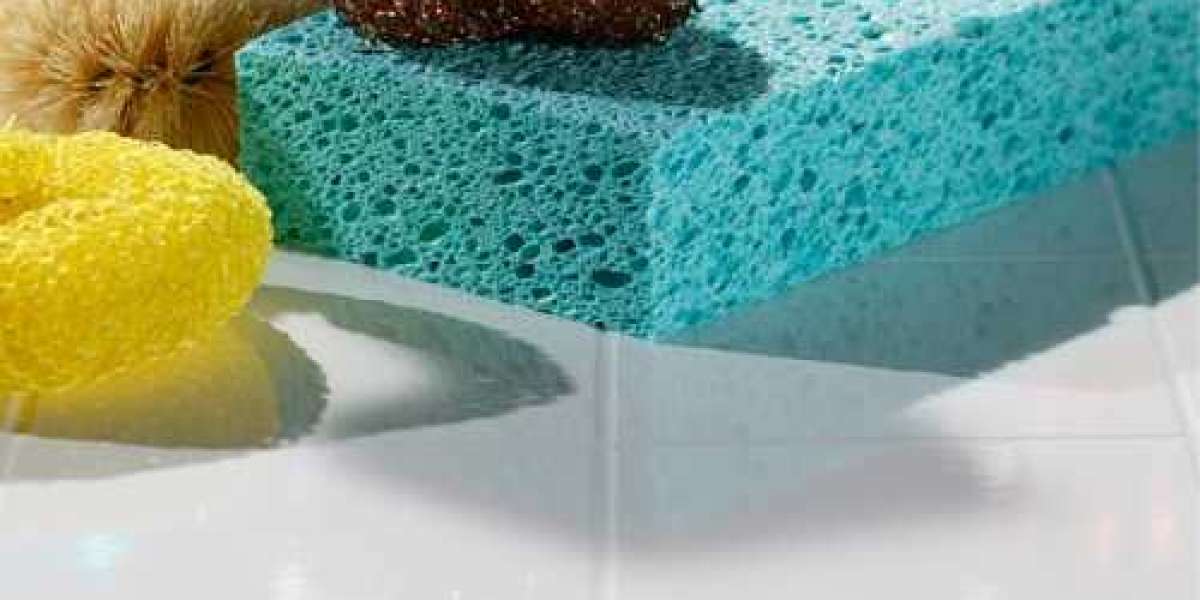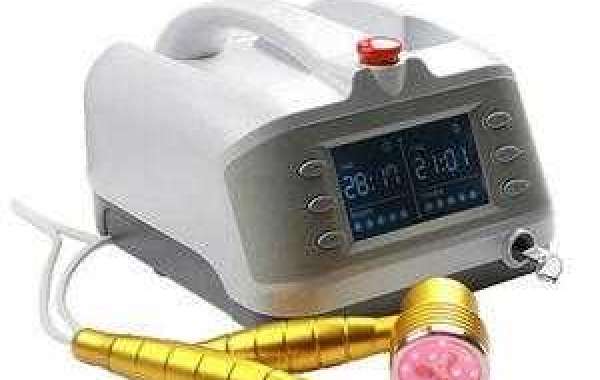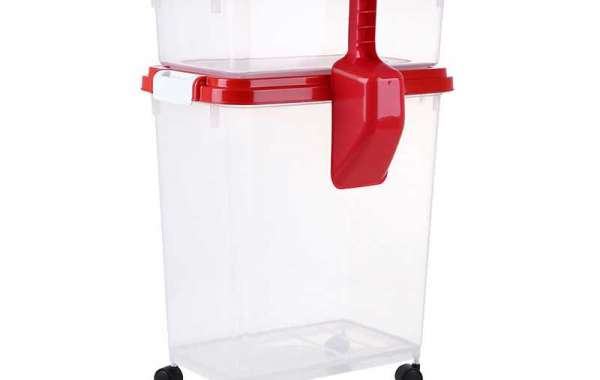Tile floors are a popular choice for homeowners due to their durability, aesthetic appeal, and ease of maintenance. However, to keep them looking their best, it's essential to use the right cleaning solution. With a wide array of options available, finding the perfect one can be overwhelming. In this guide, we'll explore the factors to consider and recommend the best cleaning solution for tile floors to help you make an informed decision.
Factors to Consider When Choosing a Cleaning Solution:
Tile Material: The type of tile you have will influence the cleaning solution you choose. Porcelain, ceramic, natural stone, and other materials have different cleaning requirements.
Sealing: Some tile floors, especially natural stone ones, require sealing to protect against stains and damage. The cleaning solution should not degrade or strip the sealant.
pH Balance: Opt for a cleaning solution with a neutral pH. Avoid acidic or alkaline cleaners, as they can damage the tile's surface over time.
Type of Stains: Identify the common types of stains on your tile floors. Grease, grime, soap scum, and water spots might require different cleaning approaches.
Safety: Choose a cleaning solution that is safe for your family, pets, and the environment. Avoid harsh chemicals that can pose health risks.
Residue-Free: The ideal solution should not leave behind residue that can make your tiles look dull or attract more dirt.
Top Cleaning Solutions for Tile Floors:
Warm Water and Mild Detergent: For regular maintenance, a mixture of warm water and a mild pH-neutral detergent can work wonders. This solution effectively removes dirt and grime without damaging the tile or grout.
Vinegar and Water: A mixture of equal parts white vinegar and water can be used to remove mineral deposits and light stains. However, avoid using vinegar on natural stone tiles, as its acidity can harm the surface.
Commercial Tile Cleaners: There are numerous commercial tile cleaners available, formulated specifically for different types of tile. Look for ones that are pH-balanced, designed for your tile type, and preferably biodegradable.
Steam Cleaners: Steam cleaning provides a deep and chemical-free clean. It's effective in removing tough stains and killing germs. Ensure the steam cleaner is safe for your tile type and that you follow the manufacturer's instructions.
Natural Stone Cleaner: If you have natural stone tiles, opt for a cleaner specifically designed for this purpose. These cleaners are gentle on the stone's surface and help maintain its natural luster.
Enzyme-Based Cleaners: For organic stains like food spills, pet messes, or mildew, enzyme-based cleaners can break down the organic matter effectively without causing harm to your tiles.
Remember to always follow the manufacturer's instructions and test a small, inconspicuous area before using any cleaning solution on the entire floor.
Cleaning Tips:
Sweep or vacuum your tile floors regularly to prevent dirt and debris from scratching the surface.
Place mats at entrances to minimize the amount of dirt being tracked onto the tile.
Wipe up spills promptly to prevent stains and damage.
Avoid abrasive tools or harsh scrubbing pads, as they can scratch the tile.
For grout cleaning, consider using a mixture of baking soda and water or a grout-specific cleaner.
In conclusion, maintaining the beauty and longevity of your tile floors requires choosing the right cleaning solution. Consider the type of tile, stains, and safety factors before making your choice. Whether you opt for a simple homemade solution or a commercial cleaner, regular cleaning will ensure your tile floors remain a stunning feature of your home for years to come.








